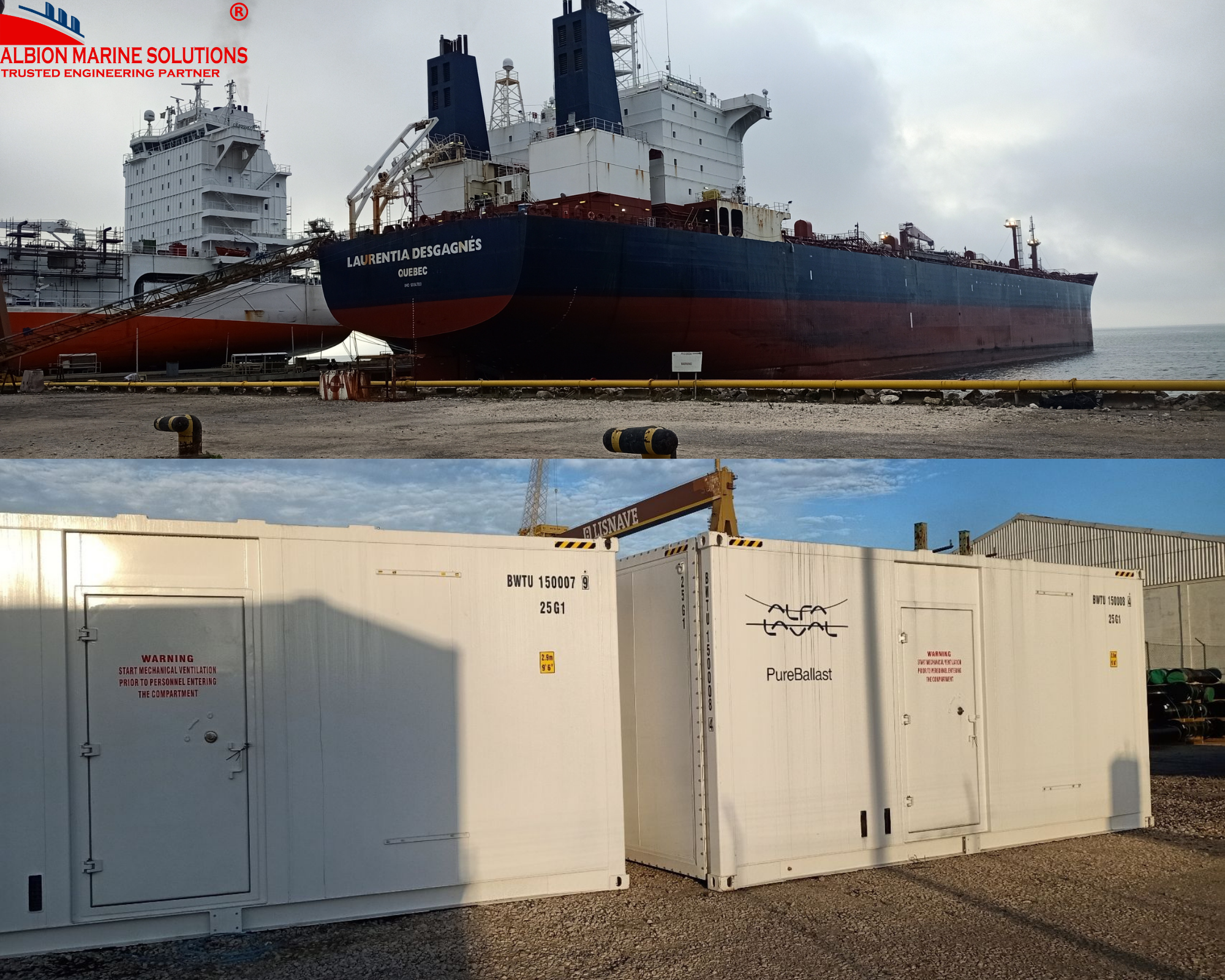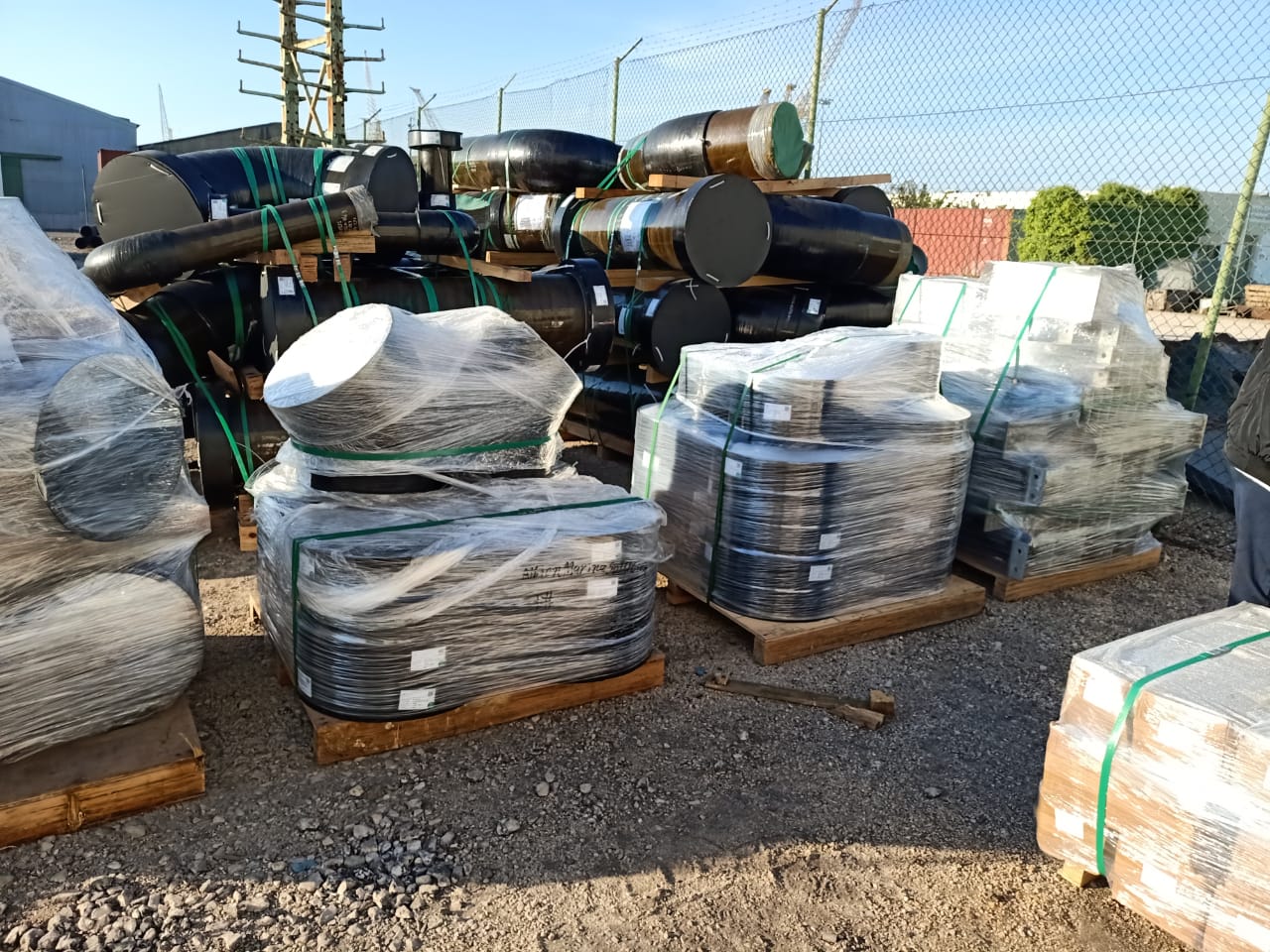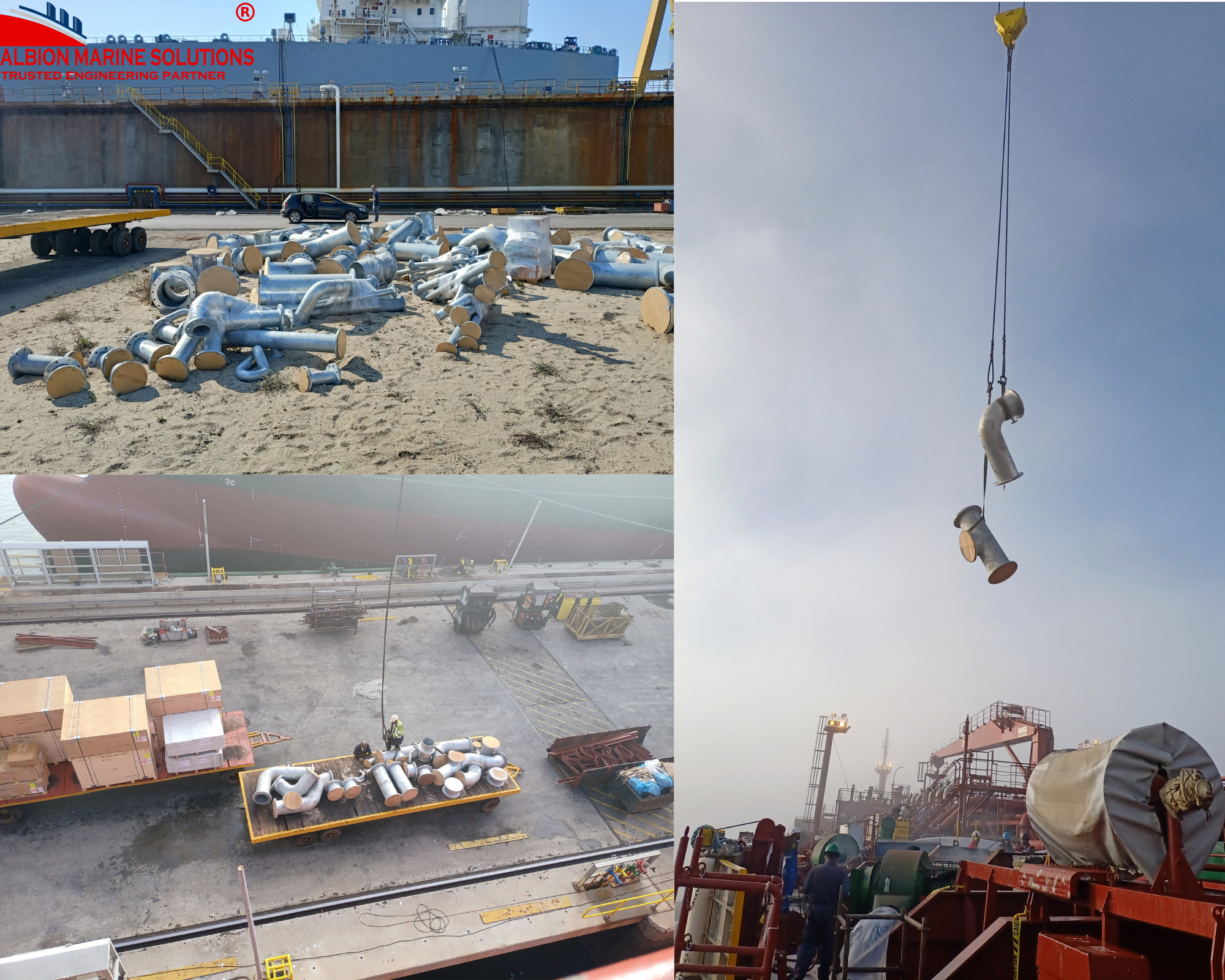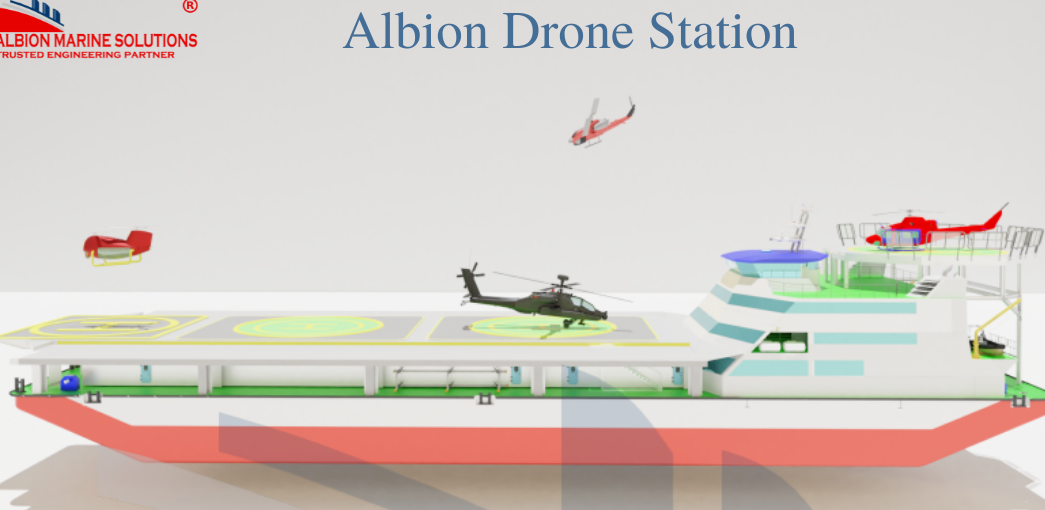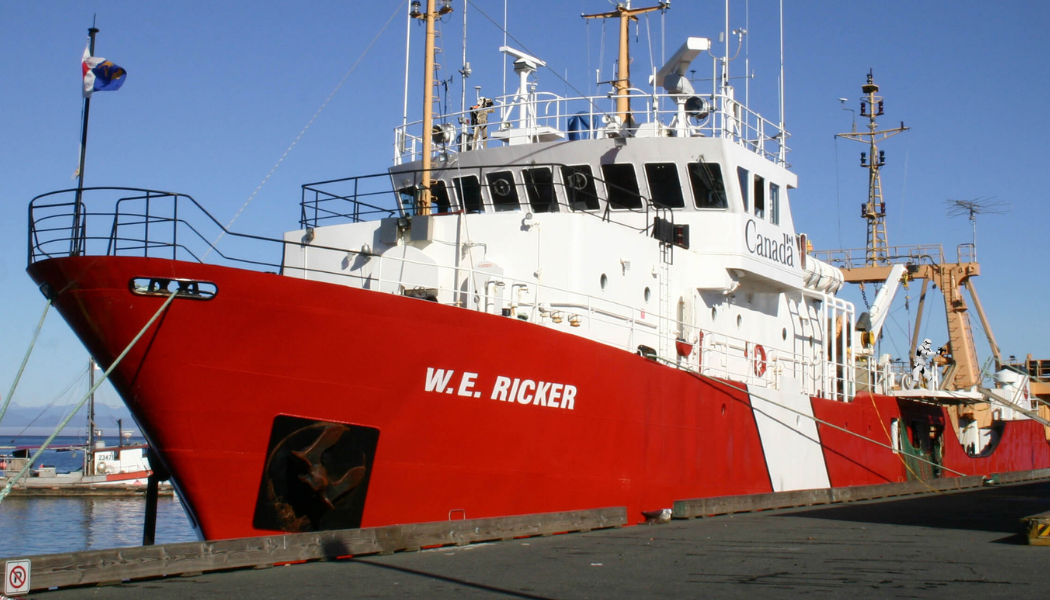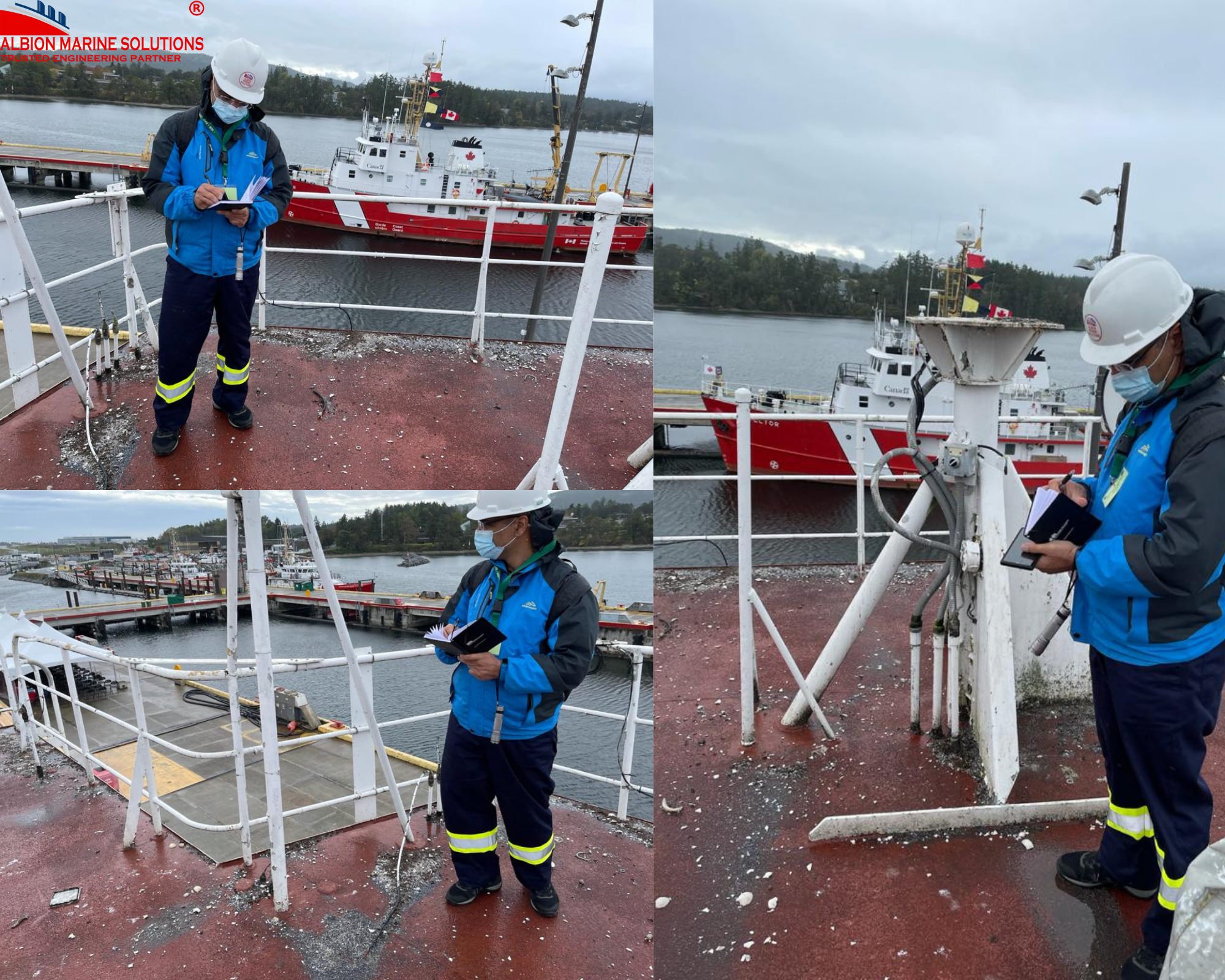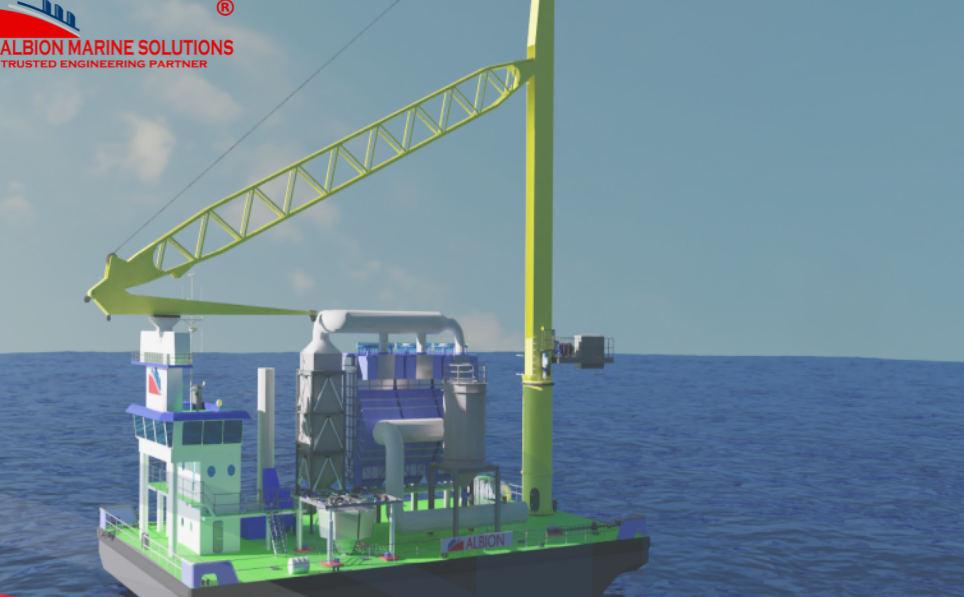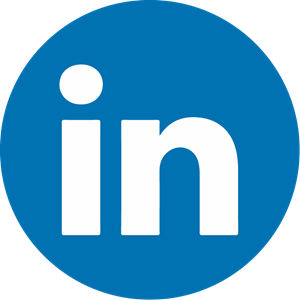In terms of exhaust gases and noise pollution, harbors are enacting stringent laws, increasing the demand to opt for cleaner modes of operation. Considering this, Albion has completed an engineering study to convert the harbor tug boat to electric propulsion power. The study provides technical know-how on converting diesel-powered tugs to hybrid or fully electric-powered tugs to major tug boat operators in India. It features an economical and environmentally friendly design.

Converting a tugboat to electric propulsion has numerous advantages. First and foremost, there will be a significant reduction in operational costs. Second, it will require no bunkering charges, and it will reduce engine crew members. Further, maintenance costs will be negligible with the addition of a longer battery life span of up to ten years. For more information, get in touch with our team at

